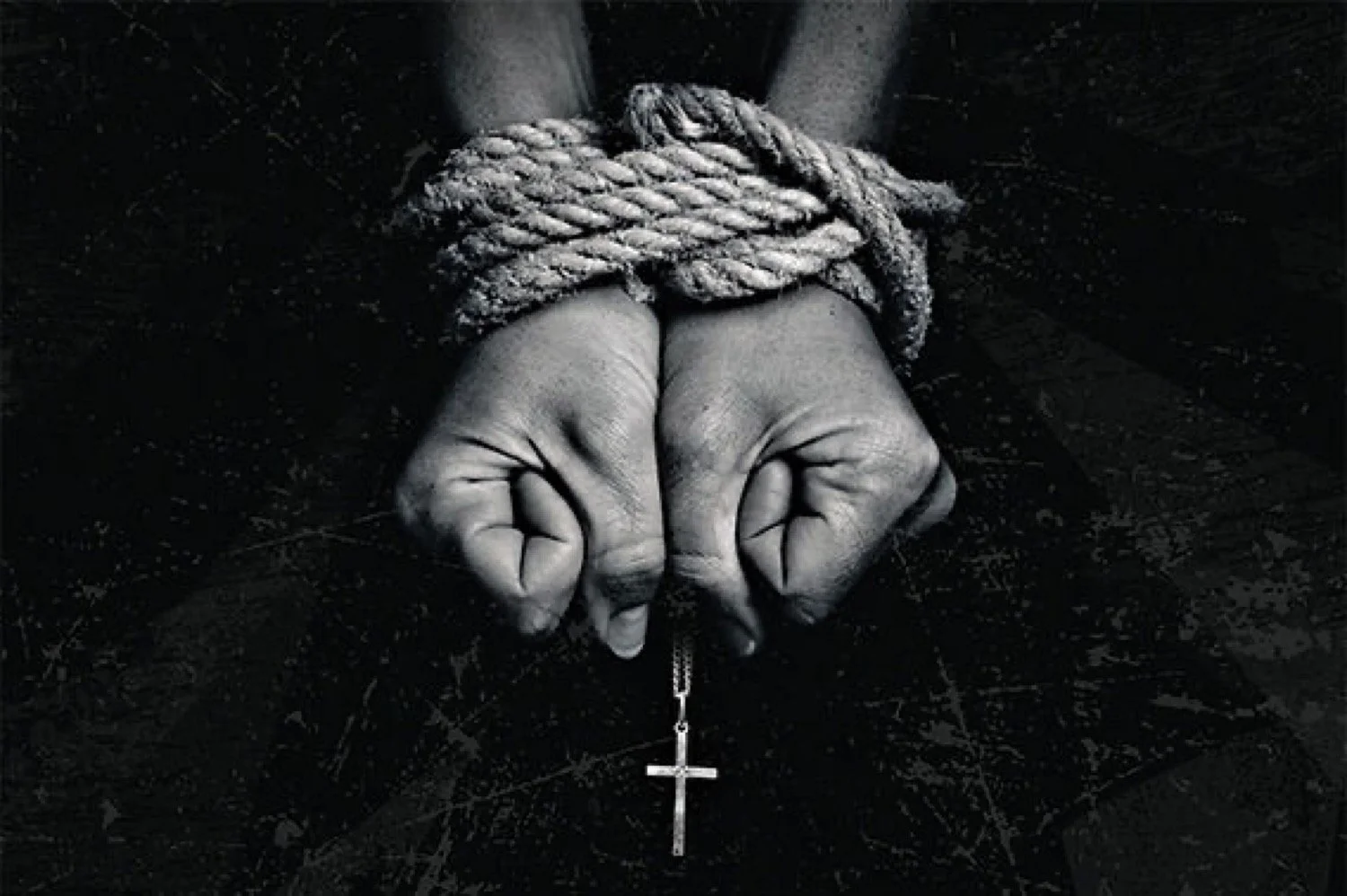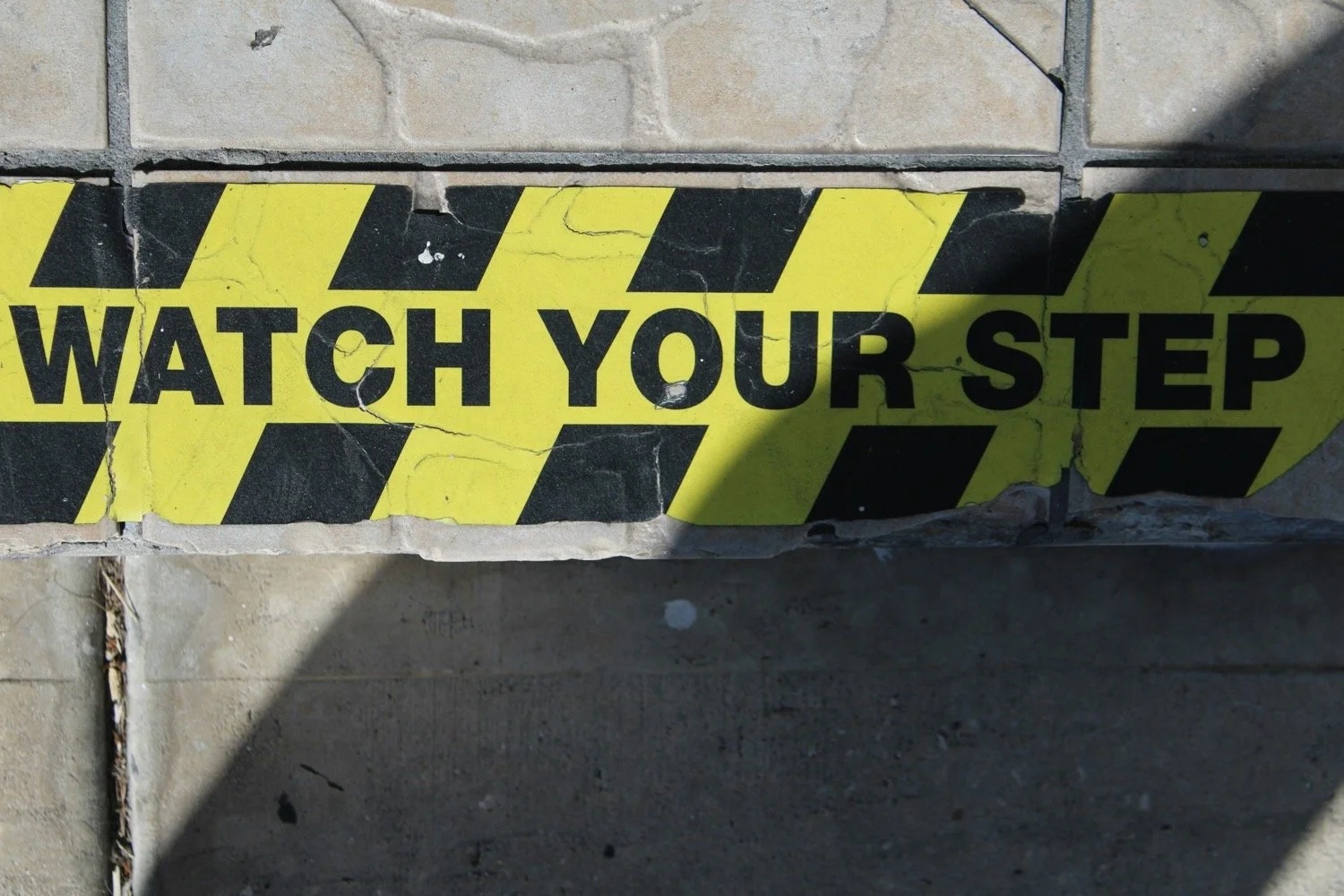Readings for today: Jeremiah 9-12
I grew up with a deep sense of insecurity. I always felt like I had something to prove. Always felt like I needed to impress others. I cared a lot about what others thought. An unkind word would send me into an emotional tailspin for days. Sure, I covered well. I developed an instinct for self-preservation. I guarded my heart and let no one in. I overcompensated by chasing achievement. I drove myself hard. I refused to ever quit. Though I was never the smartest, I graduated high school with honors. Though I was never the most athletic, I lettered in two sports and made the all-state team in lacrosse. Though I was not excited about Boy Scouts, I achieved the rank of Eagle. Though I wasn’t sure what I believed, I was a leader in my youth group at church, sang solos in the church choir, and even played the lead (Jesus) in a production of Godspell. By the time I got to college, I was tired. Tired of having to keep up appearances. Tired of having to pretend every single day. Tired of having to project a perfect image to the world. Furthermore, I had no close friends. No community to speak of. My family was an hour away. I felt very much alone. The results were not good. The house of cards I had built came crashing down around me. I began drinking heavily. Skipping class. Failing out of school. That’s when I met Jesus. He overwhelmed all my defenses. He penetrated to the depths of my heart. And He let me know I was deeply and dearly loved. Loved for who I was not who I pretended to be. Loved fully and completely and unconditionally. To say it was life-changing would be an understatement.
I love this verse from our reading today…“Don’t let the wise brag of their wisdom. Don’t let heroes brag of their exploits. Don’t let the rich brag of their riches. If you brag, brag of this and this only: That you understand and know me. I’m God, and I act in loyal love. I do what’s right and set things right and fair, and delight in those who do the same things. These are my trademarks.” (Jeremiah 9:23-24 MSG) It describes the old Doug and the new Doug so well. I used to be the guy who would boast in his wisdom. Boast in his strength. Boast in his success. But I knew deep down I was just covering for my insecurity. After meeting Jesus, I learned to boast only in Him. He became my security. He became my wisdom. He became my strength. Serving Him became my success. Learning to practice steadfast love and justice and righteousness in the earth became the goal of my life. After almost thirty years, I can say with confidence that my life is richer and more full that I could ever have imagined. I am wiser and stronger than I’ve ever been. I’ve experienced far more success than I ever deserved or could have achieved on my own. All because of Jesus.
It’s so tempting to boast in the things of this world. To get caught up trying to keep up with those around us. Compare ourselves to other people’s highlight reels on social media. Cover for our insecurities by chasing temporal wisdom, riches, success, or power. It’s so easy to spend our lives trying to find something…anything…to boast in. To base our self-esteem on our own abilities and accomplishments. But God wants so much more for us. God has so much more for us. If we will simply turn to Him and let Him in, He will do more than we can ever ask or imagine.
Readings for tomorrow: Jeremiah 13-16




